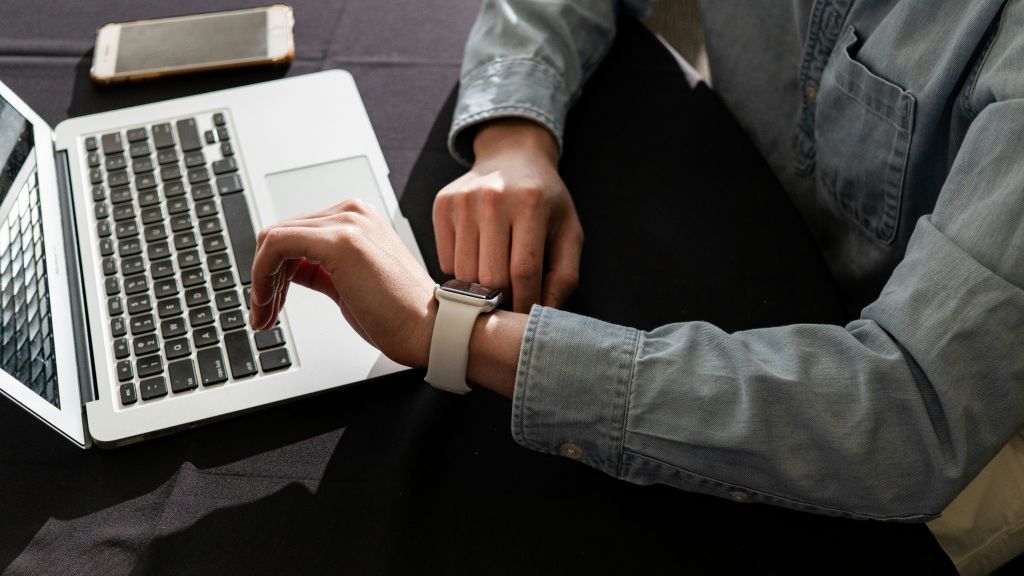To cope with problems, you need a plan. Everyone has problems, although many are self-imposed. So, how do you cope? These simple tips work amazingly well.
“You make problem, you have problem.” – Jon Kabbat Zinn.

Simple Tips to Cope with Problems
Are you trying to cope with problems you create? If you want to narrow your list of problems, stop creating them. Let’s look at three universal issues and how to deal with them. These ways can help you overcome frustration and achieve your goals.

Keep an Open Mind: You Control Your Actions
Are you already objecting? You may ask, what about the problems that others create that directly affect you? You didn’t make them, so how can you stop them?
Nice try, but that’s a weasel-out excuse that won’t work.
While you don’t have control over the problems others create, you very much have control over your response. In other words, it’s what you do that counts, not the situation you face. Besides, you have strengths, so learn to identify them so you can use them best.
Problems You Create
It’s the same with problems that you create. Indeed, it’s all in how you regard the situation.
- If you think it’s a problem, it will be a problem.
- If you view it more positively, the problem is no longer a problem but an opportunity or challenge. So, it’s the same situation but with a different outlook. That change in perception alters everything.
Let’s examine a few problems we tend to create for ourselves and make better decisions about coping.

Cope with Problems: No Time
How many of us complain that we don’t have enough time? There are 24 hours daily, so everyone has the same time. The issue isn’t a lack of time but an inefficient use of it. Or you may need to look at why you procrastinate and how to change that.

Better organization is one solution to the self-imposed problem of having no time. Here’s how you can organize.
- You can create a schedule.
- Also, try to prioritize tasks.
- Be sure to reach out for help if you need it.
- It’s also a good idea to allocate resources.
- Finally, create a plan. Learn the importance of making plans.
Besides, when you do these things, there’s air in the problem that causes it to dissipate. Now, it’s a positive instead of a negative.

Problem: No Money
Another nearly universal problem is not having enough money. People say they have no money because:
- It may be a self-imposed and arbitrary sum you believe is necessary to be financially stable.
- You can’t pay the bills.
- Also, some people want more money to buy things they want but can’t afford.
However, seeing the issue of no money as a problem perpetuates it. There’s no way out until the picture changes.

How to Cope with Problems: No Money
The first step to making the problem of having no money manageable is to analyze where you spend your money. Map it out to see your spending patterns.
You can’t mint money, but you can stop wasting it. Why buy expensive lattes when a home-brew is cheaper, doesn’t require driving somewhere to get it, and saves time? Using creativity to add accessories (a new belt, scarf, or piece of jewelry) to an existing wardrobe solves the problem of having no money to buy an entirely new outfit.
- You can consider scaling back immediate self-gratification.
- Next, concentrate on living in the present, fully aware and involved in the here and now. This helps you embrace life’s experiences and grow.
- Besides, this not only reframes your belief that money is scarce but will also enrich your daily life.

Problem: No Friends
Some ways to cope with problems involve a change of attitude. For example, you may believe you have no friends. Ask yourself these questions:
- Do you go out of your way to avoid meeting new people?
- On the other hand, do you think you have nothing to offer?
- Or do you believe you’re not good enough?
- What if it’s hard for you to converse easily, you’re not as educated, dress differently, come from a different background, or for other reasons?

Coping Suggestions for Having No Friends
The only way out of the box of having no friends is to interact with others. Here are some tips:
- You could work on some casual conversation openers to get things going. If this feels strange, consider taking a course to practice conversational skills.
- Another suggestion is to find a hobby or recreational pursuit you enjoy where you’ll encounter others with similar interests. There’s bound to be small talk that, over time, can lead to a friendship, even if it’s only while engaged in a hobby or recreational pursuit. It’s a start, something you can build on.
Finally, remember that breaking down what appears to be a problem can be revealing and crucial in learning to cope with problems. Take it slow to minimize self-imposed pressure to develop an immediate solution. Most problems are manageable with time, effort, and a little help from someone you trust.





